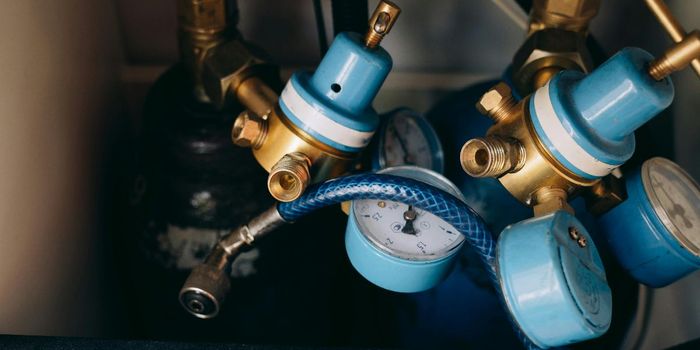How well do people really remember faces, and can technology actually prove that they do? What implications can these concerns have for legal cases?

As published in the Journal of Neuroscience and reported in Futurity, people can be trained to create fake memories, thus outwitting MRI scans that use a special algorithm. While the algorithm appears to be highly accurate at first, it is only 50-percent accurate when the subjects are asked to lie about what they remember (http://www.futurity.org/fake-memories-mri-936292/).
Anthony Wagner, a psychology professor at Stanford University, is a member of the MacArthur Foundation's Research Network on Law and Neuroscience. The organization, which funded this research, addresses issues at the juxtaposition of law and neuroscience, including: "investigating law-relevant mental states of, and decision-making processes in, defendants, witnesses, jurors, and judges; investigating in adolescents the relationship between brain development and cognitive capacities; and assessing how best to draw inferences about individuals from group-based neuroscientific data," according to its website (http://www.lawneuro.org/).
Wagner's computer program is designed to detect whether a person is actually having a memory. As Melina Uncapher, a research scientist in Wagner's lab and lead author of the study, explained, "We can train our algorithms on one person's data to recognize the pattern of when they're first seeing something versus when they're remembering something, but what's exciting is [that] we can then train the algorithm further so that we are able to use it on other people with fairly high certainty."
While previous studies demonstrated 75 to 90 percent accuracy for the algorithm in single trials with cooperative subjects, the researchers wanted to determine how it would perform against people who fabricated their memories. The new study consisted of having 24 people involved in a two-day test. During the first day, the subjects underwent an MRI brain scan while seeing photos of 200 novel faces and were told to attempt to remember the faces they saw. They had two seconds to look at each face, eight seconds to develop trick to help them to remember the face, a break, a shuffling of faces and repeated. The researchers reported 67 percent accuracy of the algorithm in detecting the presence or absence of memories.
Then, on the second day, the subjects saw 400 faces - 200 from the previous day and 200 new ones. During the first half of the new faces, the respondents were supposed to answer truthfully whether they remembered a face, and for the second half, they were told to say that they had seen a face they had not seen or that they did not remember a face they had seen. The algorithm proved to be successful only half of the time.
Wagner's next project is to figure out how various factors affect the memory of faces. They include "age, personal motivations, the passage of time between encoding and decoding and whether that memory has morphed over time due to multiple recalls and edits," the Futurity article concluded. Such factors certainly could have legal ramifications. Perhaps there is another algorithm to sort out all of the complications.









